Pineapple is a tropical fruit available in any grocery store and is a major product in many homes around the world.
Christopher Columbus brought pineapples to Europe after an expedition to South America. Pineapple is famous as an extravagant and exotic fruit served only the most lavish banquets.
However, pineapples have long been common and people can enjoy them raw, in a compote, dried or as juice.
In Central and South America, pineapple is valuable not only because of its sweet taste, but has been used for centuries to treat digestive problems and inflammation.
Pineapple composition
One glass of fresh pineapple pieces contains approximately:
- calories - 70-80;
- fat - 0.2 g;
- cholesterol - 0 g;
- sodium - 2 mg;
- total carbohydrates - 21.65 g (including 16 g of sugar and 2.3 g of fiber);
- protein - 0.89
As a percentage of your daily needs, the same amount of fresh pieces of pineapple provides:
Vitamin C - 131 %;
Vitamin A - 2 %;
calcium - 2 %;
Iron - 3 %.
Pineapple is also a source of important vitamins and minerals, including:
- thiamine;
- riboflavin;
- vitamin B6;
- folic acid;
- pantothenic acid;
- magnesium;
- manganese;
- potassium;
- beta-carotene and other antioxidants.
Fresh pineapple is the only known source of enzyme called bromelain, which can play a role in a number of different health benefits.
Eating fruit and vegetables of all kinds has long been associated with increasing the health, which is connected to lifestyle. Many studies have shown that an increase in consumption of plant foods such as pineapples reduces the risk of obesity, general mortality, diabetes and heart disease.
In addition, the skin and hair look much better, energy is increased and weight is reduced.
And for more sweetness in the day, see these fragrant recipes for:
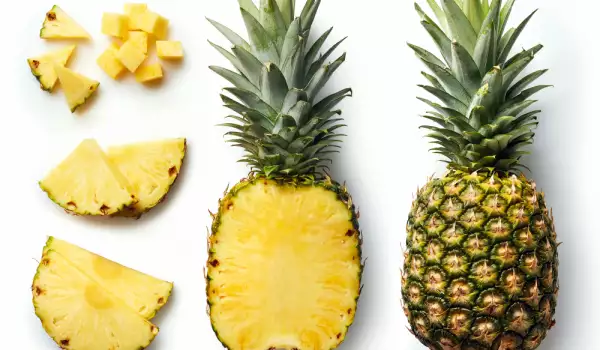
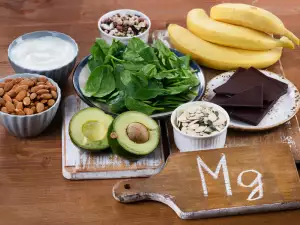




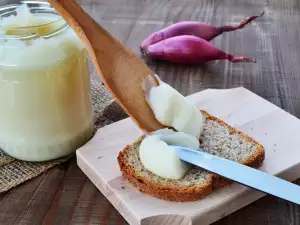

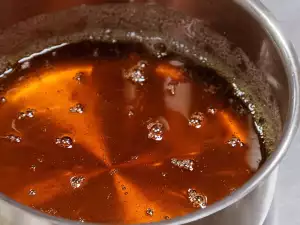
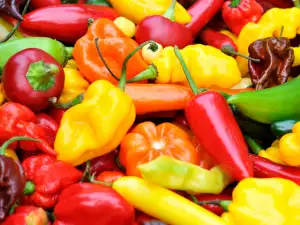
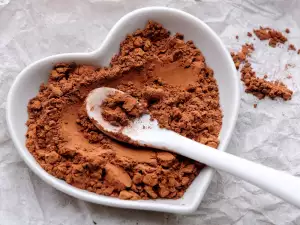
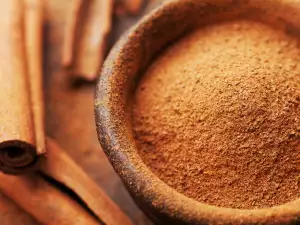

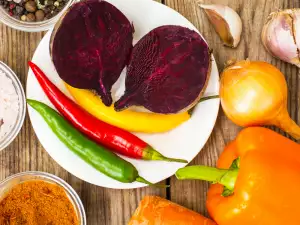

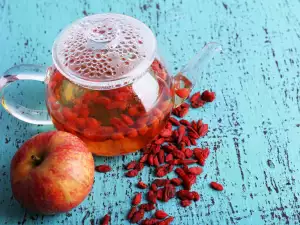



Comments